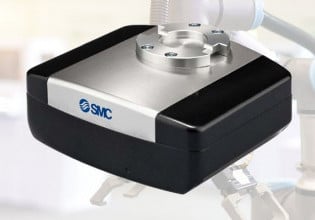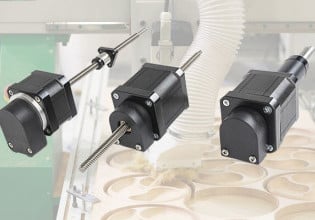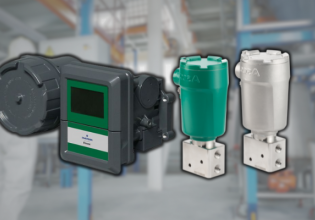ABB Opens the Doors to its Robotics Mega Factory in Shanghai
With the growing global robotics market, ABB seeks to capitalize on the growing demands by opening a "state-of-the-art" mega factory in Shanghai for manufacturing next-generation robots.
Last week, ABB announced the opening of their latest robotics mega factory, located in Shanghai, China. The newest facility boasts 67,000 m2 dedicated to the research, development, and production of new automation systems.
A look at ABB's mega factory in Shanghai, China. Video used courtesy of ABB Robotics
This mega factory replaces an existing facility in China and joins ABB facilities in Västerås, Sweden and Michigan, USA. The Shanghai facility will serve the Asian automation markets, while Västerås serves the European Market and Michigan covers the Americas.
According to recent press release, Marc Segura, president of ABB Robotics, said “[This facility] embodies our commitment to the latest flexible, modular, intelligent manufacturing and represents our focus on AI learning technologies for smarter robotics.”

Manufacturing, research, warehousing, and much more will take place at the mega factory. Image used courtesy of ABB Robotics
What is a Mega Factory?
There is no set definition for the term mega factory, though ABB’s newest facility qualifies based on its size alone. Nobody would argue that it is a small facility. Mega factories typically have large spaces for manufacturing, as well as spaces for research and development. Many also have large utility sources on site, such as a power substation, large pressurized gas systems or steam generators.
In ABB’s mega factory, there are these, plus demonstration rooms for helping potential customers envision how ABB’s automation solutions will benefit their company, artificial intelligence (AI) labs, an automated warehouse for shipping (and for demonstrations), and many other facilities. This particular mega factory combines both the real world and the digital world into one facility. The digital world can be used for training programs for factory workers, allow for the creation of digital twins, view virtual machines in operation using virtual reality, run simulations, and a number of other features. Of the 67,000 m2 available, 8,000 m2 will be dedicated to housing these types of facilities.
Global Robotics Market
According to the ABB Press Release, the global robot market is expected to grow from $80 billion to $130 billion annually from 2020 to 2025. Automation is expected to grow based on continued COVID shutdowns, illnesses, and the ongoing worker shortage. Furthermore, China makes up 51% of the global robotics market, making Shanghai a good choice for building this large facility.
The development space included in this facility will make it easier for business owners to see and interact with robots. This will make it easier for plant managers to see the advantages of ABB’s systems and then quickly integrate and implement them in their factories.

China makes up over half of the global robotics market, making Shanghai and ideal location for ABB's robotics mega factory. Image used courtesy of ABB Robotics
Strategic Advantages of Automation
Given that many skilled workers retired or found other work during the pandemic, simply replacing older workers with younger ones will not make up for the shortage. Therefore, the time is ripe to implement new automation systems to boost production.
Companies that automate processes will be able to deliver when other companies struggle with workload. With current supply chain issues, any company that can deliver components on or ahead of schedule will stand to profit. ABB will likely be able to capitalize on these market demands, and with the new factory, deliver on them rapidly.






